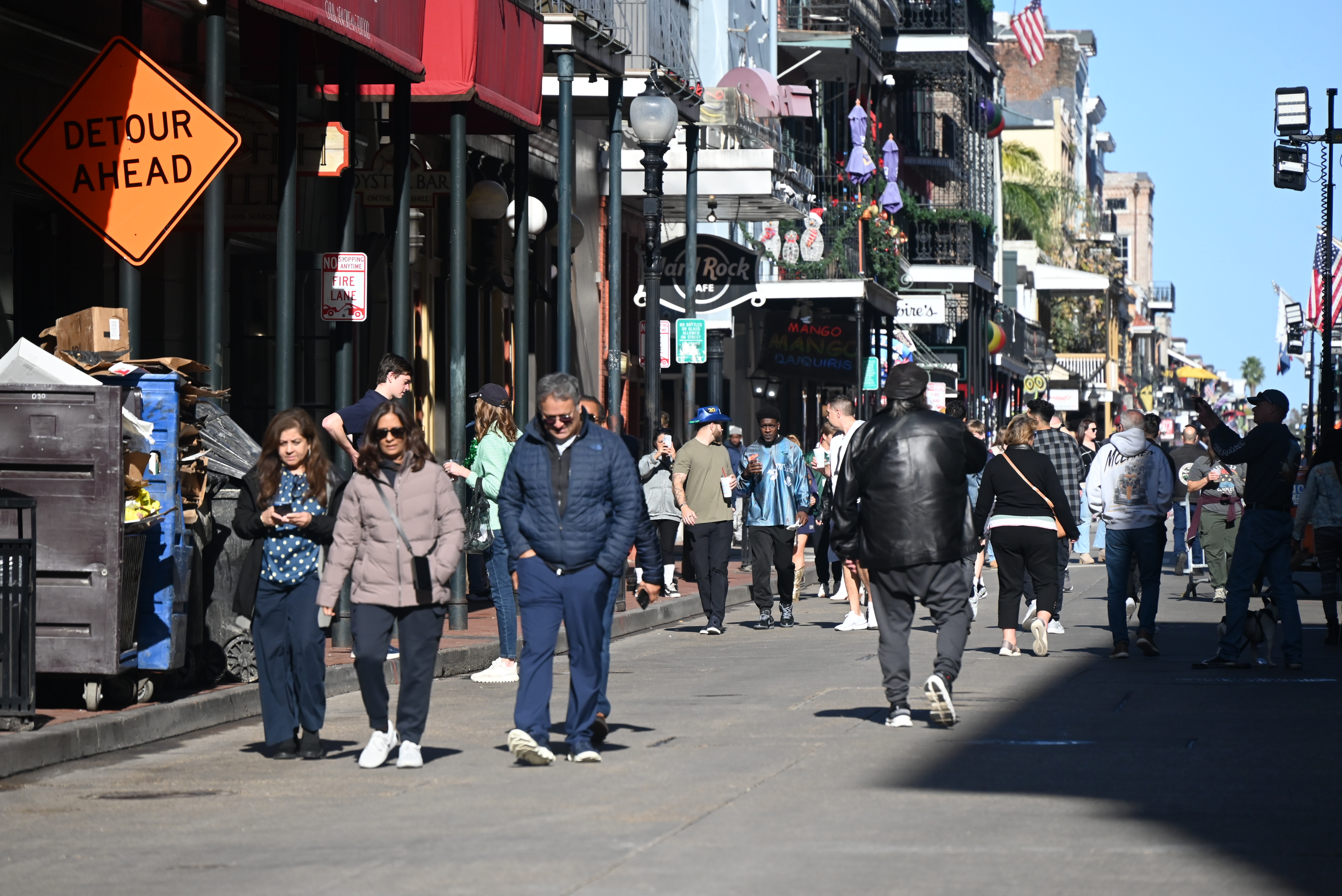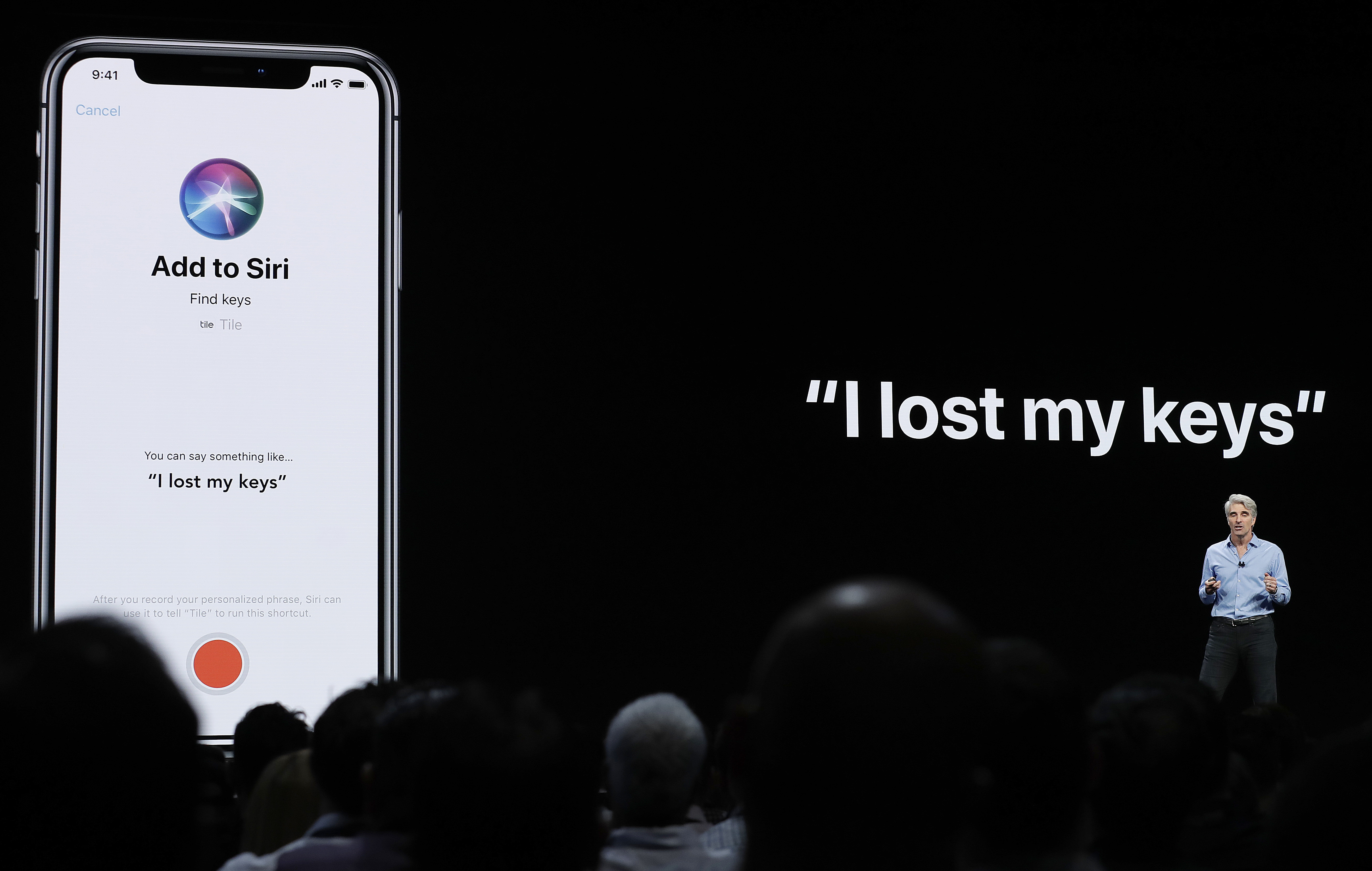Sean Hodgson watched and worried as his best friend of nearly two decades unraveled. His former roommate and fellow U.S. Army reservist's anger and paranoia were mounting, he had access to guns, and he refused to get help. So Hodgson did the hardest thing of his life: He sent a text about Robert Card to their Army supervisor.
“I believe he’s going to snap and do a mass shooting,” he wrote on Sept. 15.
Six weeks later, Card fatally shot 18 people at a bowling alley and a bar in Lewiston before killing himself. His body was found in a trailer after a two-day search.
“I wasn’t in his head. I don’t know exactly what went on,” Hodgson told The Associated Press last week in an exclusive interview, his first since the Oct. 25 shootings. “But I do know I was right.”
The series of warning signs about Card have been well documented. In May, relatives warned police that Card had grown paranoid, and they expressed concern about his access to guns. In July, Card was hospitalized in a psychiatric unit after shoving a fellow reservist and locking himself in a motel room. In August, the Army barred him from handling weapons on duty and declared him nondeployable.
In September, Hodgson raised the most glaring red flag, telling authorities to change the passcode to the gate at their Army Reserve training facility and arm themselves if Card showed up.
“Please,” he wrote. “I believe he’s messed up in the head.”
U.S. & World
But authorities declined to confront Card — the clearest example of the missed opportunities to intervene and prevent the deadliest shooting in state history. That's hard to swallow for Hodgson, who’s pushing back against an independent report for law enforcement that described him as “over the top” and “alarmist.”
“I literally spelled it out for them,” said Hodgson, 43, referred to by only his last name in documents on the case. “I don’t know how clear I could have gotten.”
Hodgson’s account, taken with law enforcement documents, videos and other interviews, provides the most comprehensive picture to date of potential missteps leading up to the attack.
In response to AP's questions, the Army Reserve said in a statement this week that no one should jump to conclusions until its own investigation and an independent probe by the Army inspector general are finalized.
“Any speculation at this point without having all the details could affect the outcome of the investigation,” the statement said. Officials wouldn't comment further.
Sheriff Joel Merry — of Sagadahoc County, where Card lived — didn’t respond to AP’s questions for this story but suggested a need for public policy changes. He previously said his office has been “fully transparent.”
Hodgson said he doesn't know where the failings occurred but believes more could have been done.
“I understand he did a horrific thing. I don’t agree with it," he said. "But I loved him.”
"I always stuck by him"
Card and Hodgson met in 2006 in the Army Reserve and became especially close when they both divorced around the same time.
When Hodgson was evicted from his New Hampshire apartment in 2022, Card told him to move to Maine, and they lived together for about a month, he said. When Card was hospitalized in July, Hodgson drove him back to Maine.
By then, Hodgson said, Card had begun venting to him about his belief that those around him were accusing him of being a pedophile. Hodgson believed some of Card’s complaints were true — a case of mistaken identity stemming from the fact that another Robert Card is on the state’s sex offender registry.
“I always stuck by him,” Hodgson said.
In September, after a night out, Card began “flipping out,” Hodgson said — pounding the steering wheel and almost crashing multiple times. After Hodgson begged him to pull over, he said, Card punched him in the face.
Hodgson told Card to drop him off at a gas station near his house.
“I love you, and I’ll always be here for you no matter what,” he said he told Card.
Hodgson sent the text to his supervisor two days later. He didn’t speak to Card after that, he said.
Officials downplayed Hodgson’s warning
After his text, Hodgson said, military officials followed up, asking whether Card threatened specific people. But they didn’t ask for help in approaching Card, he said.
Authorities briefly staked out the Army Reserve Center and visited Card’s home. They declined to confront him, fearing that would “throw a stick of dynamite on a pool of gas,” according to video released last month by the Sagadahoc County Sheriff’s Office.
In the videos, officials downplayed Hodgson’s warning, suggesting he might have been drunk when he texted at 2:04 a.m. Speaking to police at the training center, Army Reserve Capt. Jeremy Reamer describes Hodgson as “not the most credible of our soldiers” and later tells Sagadahoc Sheriff Sgt. Aaron Skolfield his message should be taken “with a grain of salt.”
Hodgson, unaware of those comments until contacted by AP, acknowledged in a series of interviews that he struggles with post-traumatic stress disorder and alcohol addiction but said he wasn't drinking that night and was awake because he works nights and was waiting for his boss to call.
Hodgson also acknowledges that he faces two criminal charges, one alleging he assaulted a woman he was dating in 2022 and another alleging that he violated his bail conditions by possessing alcohol last month. But he said authorities should have taken him more seriously given his relationship with Card, his training on threat detection and mitigation, and his previous work as a security officer at a nuclear plant.
“That was the most difficult thing I ever had to do, was report him to command, and I did that. And for them to discredit me?” he said. “It pisses me off because all they had to do is listen.”
In a text this week, Reamer declined to comment on questions from AP.
Hodgson knew Card was behind the shooting
For weeks after sending the text, Hodgson said he prayed that it wouldn't come true. But as soon as he heard about the shooting, he called his sergeant.
“I don’t believe in coincidences,” he said he told him. “I know it’s Robert Card.”
More than two months later, Hodgson said, he hates that Card “took the easy way out" and isn’t around to answer questions or face consequences. It’s not the Robert Card he knew and loved for 17 years, he said, and he struggles with that every day.
Hodgson said he wants people to know he did everything he could to save lives.
“I don’t know how to express to people how much I loved him, how much I cared about him," he said. ”And how much I hate what he did."



